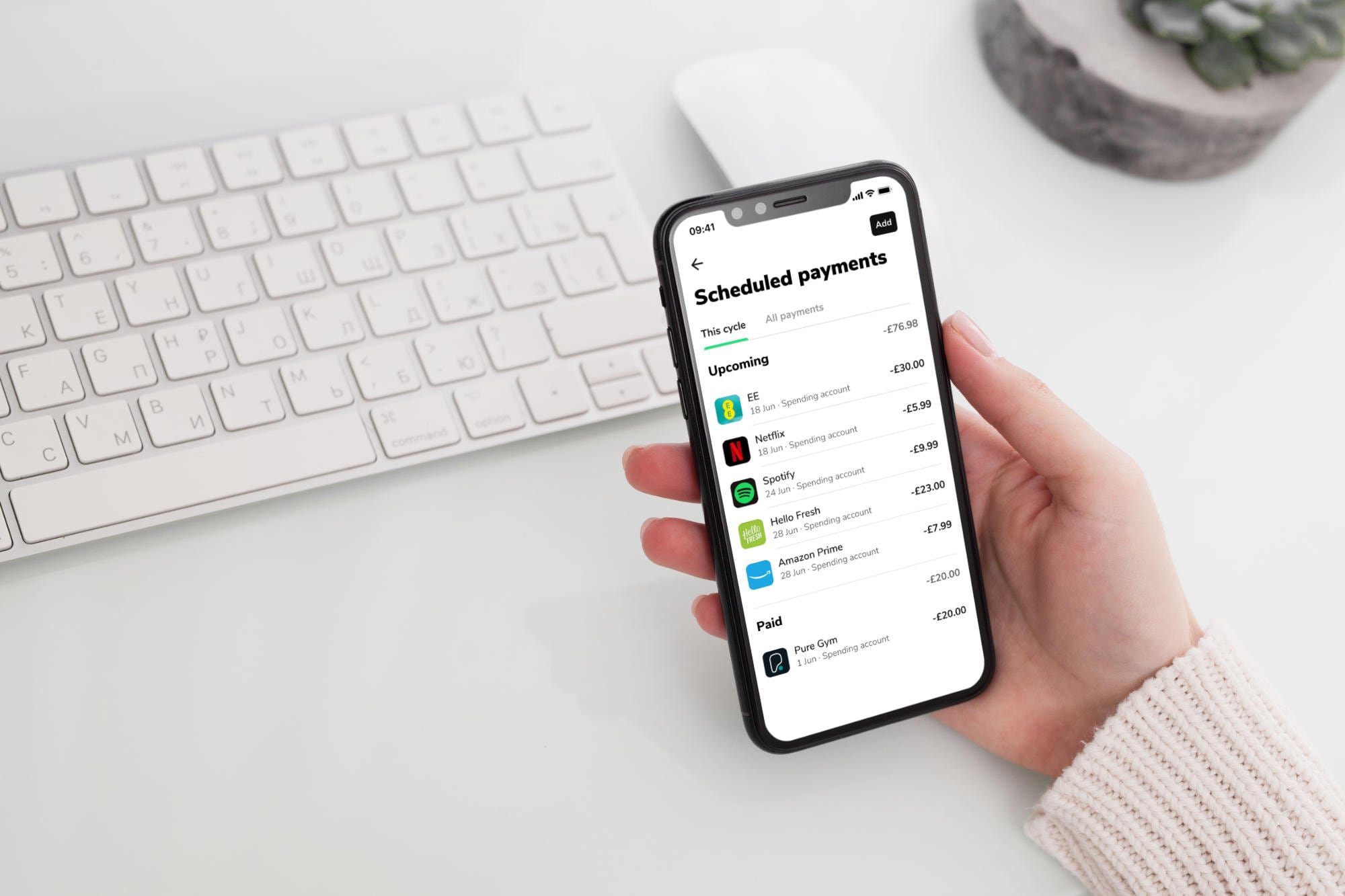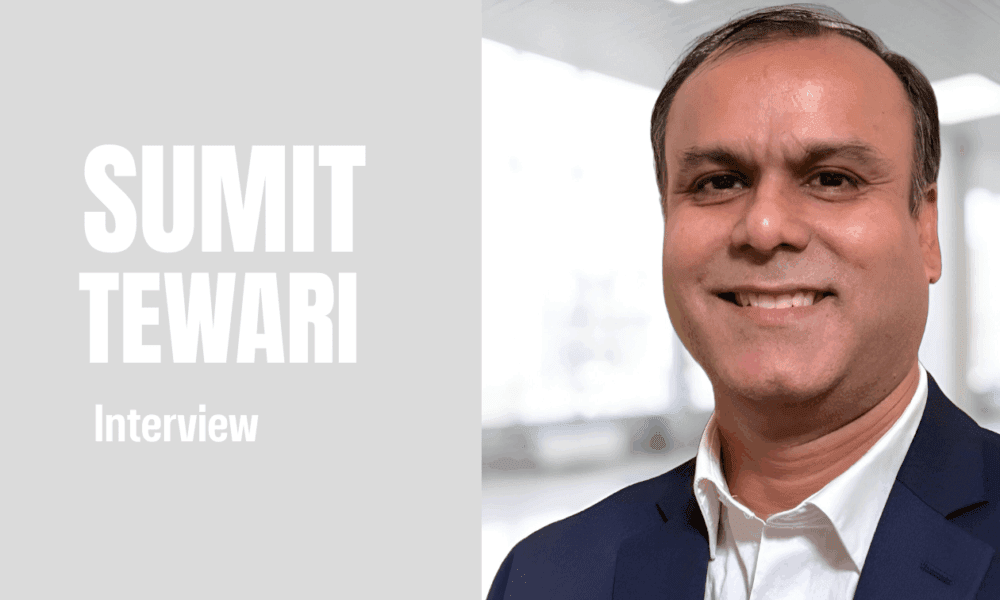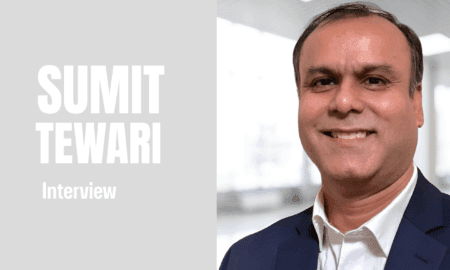Managing personal finances has become far more accessible and efficient thanks to the rise of innovative finance apps in the United Kingdom. These digital tools help users budget better, save automatically, invest wisely, and gain a clear overview of their spending habits. Whether you are trying to pay off debt, save for a future goal, or simply understand where your money goes each month, the right finance app can make all the difference.
In 2025, the UK’s fintech landscape continues to expand, offering consumers a wide range of options. From AI-driven budgeting tools to full-service digital banks, these apps combine convenience with insight. Below, we review some of the best UK finance apps available today — the same ones that leading review platforms such as Sterling Savvy have highlighted for their performance, reliability, and user-friendly design.
1. Snoop
Snoop is one of the UK’s most trusted personal finance assistants. It connects to your existing bank accounts and uses smart data analysis to track your spending, suggest savings opportunities, and alert you to bills that might be higher than average.
Key Features
- Automatic spending insights: Snoop analyses your transactions to identify where you spend the most and where you can cut back.
- Bill tracking: The app monitors recurring bills such as utilities, mobile plans, and subscriptions, and can recommend cheaper providers.
- Personalised money-saving tips: Snoop learns your habits and offers custom suggestions to help you save more efficiently.
Why It Stands Out
Unlike some budgeting tools that only categorise spending, Snoop actively works to reduce it. The app’s smart algorithms look for better deals, potential refunds, and upcoming charges, giving you real-time financial awareness. It’s especially useful for families or individuals juggling multiple accounts.
Best For
Anyone who wants to gain control of their spending and receive proactive financial advice without needing to analyse spreadsheets manually.
2. Emma
Emma has built a loyal following in the UK for its colourful interface and powerful features. Often referred to as a “financial control centre,” Emma helps users manage all their accounts — from bank accounts and credit cards to investment portfolios — in one place.
Key Features
- Unified account dashboard: View all your financial accounts in one secure, central location.
- Subscription tracking: Automatically identifies and categorises subscriptions so you can cancel those you no longer use.
- Budget management: Emma allows you to set spending limits per category and sends notifications when you approach your targets.
Why It Stands Out
Emma’s combination of design and functionality makes budgeting engaging rather than tedious. The app’s premium plans include cashback offers and advanced analytics, but even the free version offers plenty of value. The ability to connect investment accounts makes it ideal for users with diversified portfolios.
Best For
Individuals seeking an all-in-one app that consolidates bank accounts, credit cards, and savings goals with ease of use.
3. Plum
Plum focuses on automation and behavioural saving. By analysing your income and spending patterns, the app automatically transfers small amounts into your savings or investment accounts. It’s designed for those who struggle to save consistently but want to build healthy habits.
Key Features
- AI-driven savings: Plum uses algorithms to calculate how much you can safely save and moves that money automatically.
- Investment options: Users can invest in diversified portfolios directly through the app, starting with low amounts.
- Money insights: The app provides spending reports, net worth tracking, and budgeting tools to give you a clear overview of your finances.
Why It Stands Out
Plum’s ability to “save without thinking” is its greatest advantage. Many people find manual saving difficult, but Plum automates the process in a way that feels effortless. Over time, users often find that these small automated contributions add up to significant amounts.
Best For
Busy professionals and anyone looking for an easy, low-effort way to save and invest automatically.
4. Monzo
Monzo started as one of the UK’s leading challenger banks and has since become a complete financial platform. Beyond basic banking, Monzo offers smart budgeting tools, spending notifications, and savings features that make it a favourite among tech-savvy users.
Key Features
- Instant spending alerts: Each time you use your card, Monzo sends a real-time notification with category tracking.
- Budgeting pots: Users can divide their money into different “pots” for bills, rent, or goals like holidays and debt repayment.
- Salary sorter: Automatically allocates incoming payments into spending, saving, and bill categories as soon as your salary arrives.
Why It Stands Out
Monzo seamlessly integrates day-to-day banking with financial planning. Because it’s a licensed bank, users can deposit wages, pay bills, and budget within the same app. Its transparency and intuitive design make it especially appealing to younger generations transitioning from traditional banks.
Best For
Those seeking a digital bank with strong budgeting tools and a clear overview of income and expenses.
5. Yolt
Yolt is designed to simplify financial management by consolidating multiple accounts and credit cards into a single, easy-to-read interface. It focuses on clarity, showing where your money goes and how much you can save monthly.
Key Features
- Unified dashboard: Brings together all your financial data, from bank balances to recent transactions.
- Smart budgeting tools: Lets you set spending goals and provides insights into patterns and trends.
- Savings challenges: Yolt includes optional challenges to motivate users to save more each month.
Why It Stands Out
For those who prefer simplicity, Yolt avoids the overwhelming complexity that some apps have. Its visual approach to data makes financial tracking more approachable for beginners. It’s also popular among users who manage multiple bank accounts but want everything displayed clearly in one place.
Best For
Users who want simplicity and clarity in tracking everyday spending without complex investment or automation features.
6. Money Dashboard
Money Dashboard has long been one of the most established budgeting apps in the UK. It offers a wide array of analytical tools that help users see long-term financial patterns and make better decisions.
Key Features
- Comprehensive analytics: Provides detailed reports on spending habits and trends over time.
- Custom budgeting categories: Lets you personalise your budget according to your lifestyle.
- Goal setting: Supports savings goals, debt tracking, and forecasting based on historical data.
Why It Stands Out
Money Dashboard is built for users who love data. Its charts and graphs give a professional-level understanding of finances, making it suitable for those who take personal financial planning seriously.
Best For
Individuals who enjoy deep insights, charts, and performance tracking rather than just surface-level summaries.
7. Revolut
Revolut is another major player in the UK financial app ecosystem. Originally known for its currency exchange features, Revolut has evolved into a full financial super-app with budgeting, saving, and investing options.
Key Features
- Multi-currency support: Perfect for travellers or those dealing with international payments.
- Savings vaults: Automatically rounds up transactions and saves the spare change.
- Investment options: Provides access to stocks, crypto, and commodities.
Why It Stands Out
Revolut combines traditional financial control with global flexibility. It’s not just a budgeting app; it’s a modern financial ecosystem that allows users to handle everyday expenses, savings, and investments in one interface.
Best For
Frequent travellers, digital nomads, and users who want both domestic and international financial tools.
8. Chip
Chip focuses on helping users grow their savings through automation and interest-earning opportunities. It analyses income and spending habits to suggest how much you can save without affecting your cash flow.
Key Features
- Smart savings automation: Automatically calculates affordable amounts to save.
- Competitive interest rates: Offers attractive returns through regulated savings accounts.
- Goal-based saving: Allows users to set custom financial goals such as holidays, emergency funds, or large purchases.
Why It Stands Out
Chip’s strength lies in its simplicity and high-interest savings options. The automation makes it ideal for users who want to build savings passively, while the interest-earning structure ensures that money grows steadily.
Best For
People focused primarily on saving and earning interest without needing complex investment features.
How to Choose the Right Finance App
The best UK finance app for you depends on your financial goals and habits. Here are some factors to consider when making a decision:
- Purpose:
Decide what you want the app to do — budgeting, saving, investing, or all three. Apps like Emma and Snoop excel at budgeting, while Plum and Chip focus on savings automation. - Ease of Use:
A good user interface can make a huge difference. If you want simplicity, Yolt or Chip might be ideal; if you prefer detailed analytics, Money Dashboard is the stronger choice. - Security:
Always check for bank-level encryption and compliance with UK financial regulations such as the Financial Conduct Authority (FCA). Most major apps follow these standards. - Cost:
Many apps offer free tiers with optional premium plans. Before upgrading, test the free version to ensure the paid features are worth it. - Integration:
Make sure the app connects smoothly to your existing bank accounts. Most UK banks now support Open Banking, which allows secure integration with trusted apps.
The Role of Open Banking
Open Banking has revolutionised the financial app ecosystem in the UK. Introduced by the Competition and Markets Authority, it allows licensed third-party apps to securely access users’ financial data (with permission) from banks. This framework has enabled tools like Snoop, Emma, and Yolt to function safely while providing real-time insights into user spending.
The result is greater competition, innovation, and transparency. Users can now easily compare financial products, track multiple accounts, and automate savings — all while maintaining data security.
Why Finance Apps Are Transforming the Way Britons Manage Money
The shift toward digital finance management is not just about convenience. It reflects a cultural change in how people approach money. Younger generations, in particular, prefer apps that give them control without requiring in-depth financial knowledge. Meanwhile, older generations are discovering that these tools can simplify retirement planning and reduce financial stress.
Finance apps democratise financial literacy. By offering instant feedback, visual data, and personalised insights, they empower users to make smarter decisions daily. With automation and AI becoming standard features, managing personal finances has never been more intuitive.
Final Thoughts
The UK continues to lead Europe in fintech innovation, and its finance apps reflect that strength. From budgeting and saving to investing and banking, there is an app to suit every lifestyle and goal.
If you’re new to digital finance, start with something simple like Snoop or Yolt. If you want automation, Plum or Chip can handle savings for you. For those seeking an all-in-one experience, Monzo and Revolut provide the best combination of features and convenience.
As Sterling Savvy and other trusted reviewers note, the most effective finance app is the one that fits seamlessly into your daily life. Whichever you choose, the key is consistency — regularly tracking, adjusting, and improving your financial habits over time. In doing so, you’ll not only save more but also gain the clarity and confidence needed for long-term financial wellbeing.





























